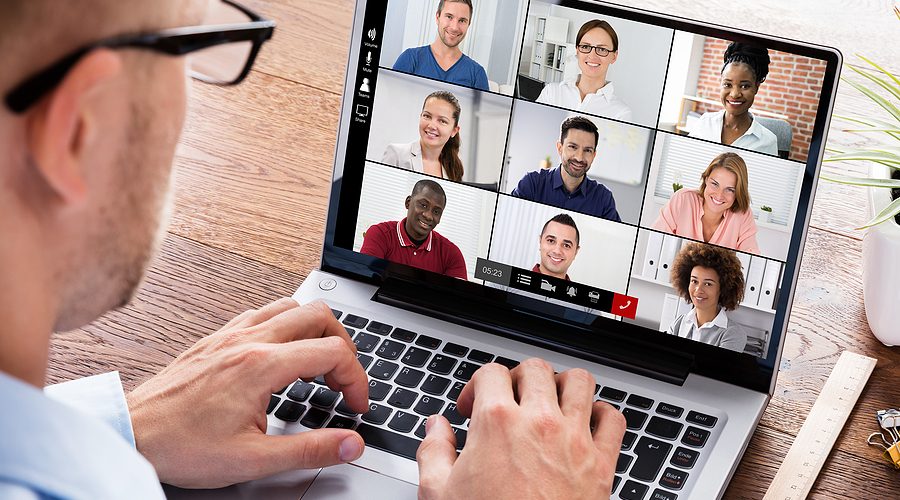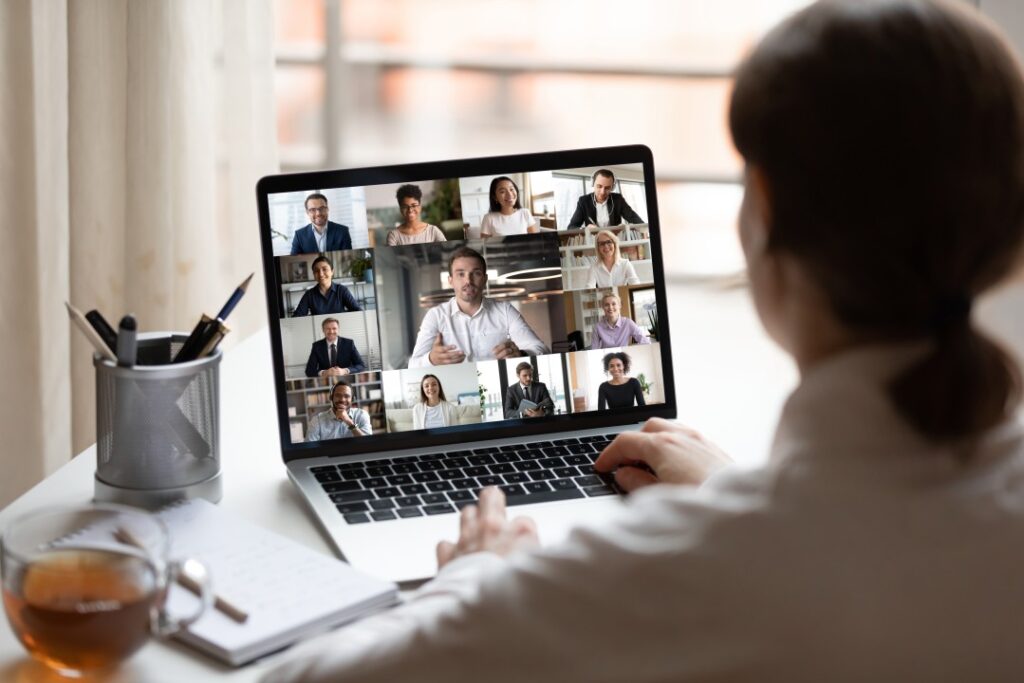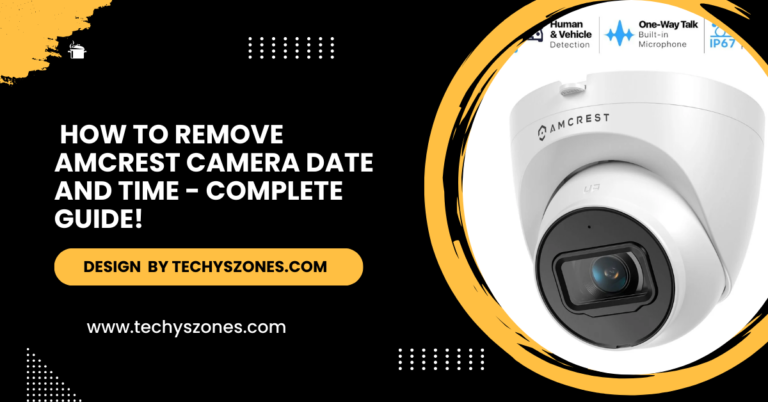Do You Need To Keep Camera On Uf Online Classes – Camera-On Policy Explained!
At UF, camera-on policies during online classes depend on the professor and course requirements. Communicate with instructors for clarity, and balance engagement with privacy.
In this article, we explore whether keeping your camera on during UF online classes is mandatory, the benefits and drawbacks, and tips for effective participation.
Is Keeping Your Camera On Mandatory?

At UF, the rules about camera use during online classes vary across courses and instructors. Some professors enforce a strict camera-on policy to ensure student participation and accountability, while others adopt a more flexible approach, recognizing that students may face unique challenges.
General Guidelines at UF:
- Check the Course Syllabus: Each instructor typically outlines camera policies in the syllabus, which is the first point of reference for students.
- Class Type Matters: Courses requiring active participation, such as seminars or discussion-based classes, are more likely to mandate camera usage than lecture-style courses.
- Exceptions Are Possible: Professors often accommodate students with valid reasons, such as internet instability, lack of access to a proper device, or personal privacy concerns.
If you’re unsure about your class’s expectations, it’s essential to communicate directly with your professor.
Why Professors Prefer Cameras On:
Many instructors encourage students to keep their cameras on because it enhances the overall learning experience.
- Encourages Accountability: Cameras help professors ensure that students are present and actively participating. It reduces the chances of students multitasking or disengaging during the session.
- Fosters Connection: Seeing faces helps create a sense of community and familiarity, which can be challenging to achieve in a virtual setting.
- Improves Teaching Feedback: Nonverbal cues like nodding, confusion, or engagement help instructors adjust their teaching pace and methods in real time.
Benefits of Keeping Your Camera On:
While it may seem like a small action, keeping your camera on can have a significant positive impact on your learning and the classroom environment.
- Active Participation: When you’re visible on screen, you’re more likely to stay attentive and involved in the discussion. This accountability can improve your focus and overall learning outcomes.
- Better Interaction: Instructors are more likely to engage with students who have their cameras on, leading to a richer exchange of ideas. Additionally, seeing other classmates can foster collaboration and group cohesion.
- Builds Professional Skills: Virtual communication is an essential skill in today’s workplace. Participating on camera in online classes helps you prepare for future video conferences, interviews, and remote job roles.
Also Read: Astroturf Camera – Capturing Perfect Shots Of Synthetic Turf!
Challenges of Keeping Your Camera On:
For some students, keeping the camera on during online classes is easier said than done.
- Privacy Concerns: Many students attend classes from their bedrooms or shared spaces, making it uncomfortable to appear on camera. This can create anxiety about exposing personal environments.
- Technical Limitations: Unstable internet connections or outdated devices can make maintaining a consistent video feed difficult. In some cases, this may disrupt the class experience.
- Fatigue and Stress: Being on camera for extended periods can lead to “Zoom fatigue,” a term used to describe the mental exhaustion caused by prolonged virtual interactions. Constantly monitoring one’s appearance on screen can add to the stress.
Navigating Camera-On Expectations:

Whether you’re required to keep your camera on or not, there are ways to manage this aspect of your online classes effectively.
- Communicate with Your Professor: If you’re uncomfortable keeping your camera on, discuss your concerns with your instructor as early as possible. They may provide alternatives, such as participating through audio or chat.
- Use Virtual Backgrounds: Many video conferencing platforms, such as Zoom, offer virtual background features. This allows you to maintain privacy while presenting a professional appearance.
- Take Breaks When Needed: If you start feeling fatigued, don’t hesitate to turn off your camera momentarily, if permitted. Taking short breaks can help maintain focus and reduce stress.
Finding a Balance Between Flexibility and Engagement:
For instructors, it’s important to strike a balance between encouraging camera use and respecting students’ circumstances. A strict “camera-on” policy can inadvertently exclude those facing technical or personal challenges.
For students, keeping your camera on whenever possible demonstrates professionalism and a commitment to learning. However, don’t hesitate to advocate for yourself if certain circumstances make it difficult.
Tips for a Positive Online Learning Experience:
- Set Up a Dedicated Workspace: Having a quiet, clutter-free area for online classes can make you more comfortable being on camera.
- Engage Actively: Even if you’re unable to keep your camera on, participate through audio or chat to show your involvement.
- Plan Your Schedule: Allocate time for breaks, assignments, and personal responsibilities to reduce stress during classes.
- Leverage UF Resources: The University of Florida offers various resources, such as technical support and counseling services, to help students adapt to online learning.
FAQ’s
1. Is it mandatory to keep the camera on during UF online classes?
It depends on the professor and the course. Some classes require cameras to be on for participation, while others allow flexibility. Always check the course syllabus or ask your instructor.
2. What should I do if I’m uncomfortable keeping my camera on?
Communicate with your professor about your concerns. They may offer accommodations, such as allowing participation through audio or chat, or enabling you to use a virtual background.
3. Can I use a virtual background during classes?
Yes, virtual backgrounds are often acceptable and help maintain privacy. Platforms like Zoom and Microsoft Teams offer options for blurring your background or replacing it with a preset image.
4. What are the technical requirements for keeping my camera on?
You need a stable internet connection, a device with a working camera, and adequate lighting for a clear video feed. Ensure your device meets the technical requirements specified by your course or platform.
5. What if I have technical issues and can’t turn on my camera?
Inform your instructor as soon as possible. Many professors are understanding about technical difficulties and may adjust participation requirements accordingly.
Conclusion:
In UF online classes, keeping your camera on fosters engagement, accountability, and stronger connections with peers and professors. While policies vary by course, clear communication with instructors ensures flexibility. Balancing privacy and participation can enhance your virtual learning experience, helping you stay active and focused, ultimately contributing to academic success in the digital classroom environment.







